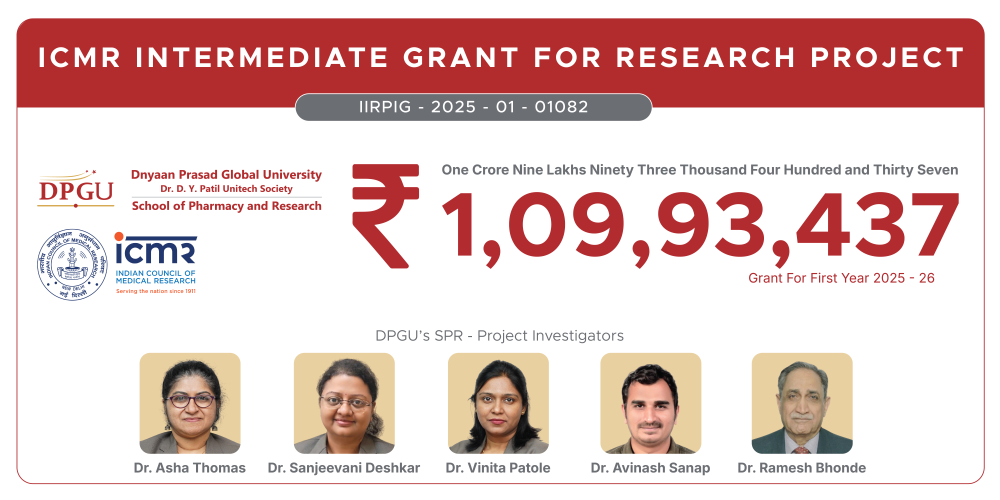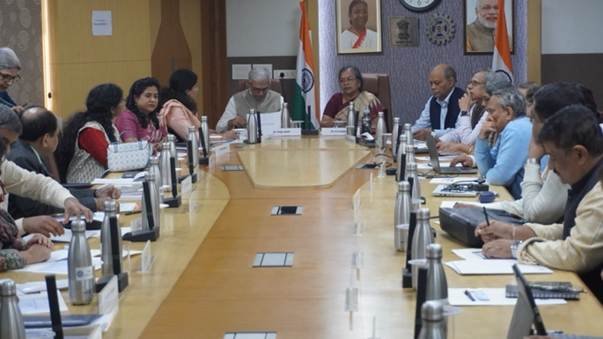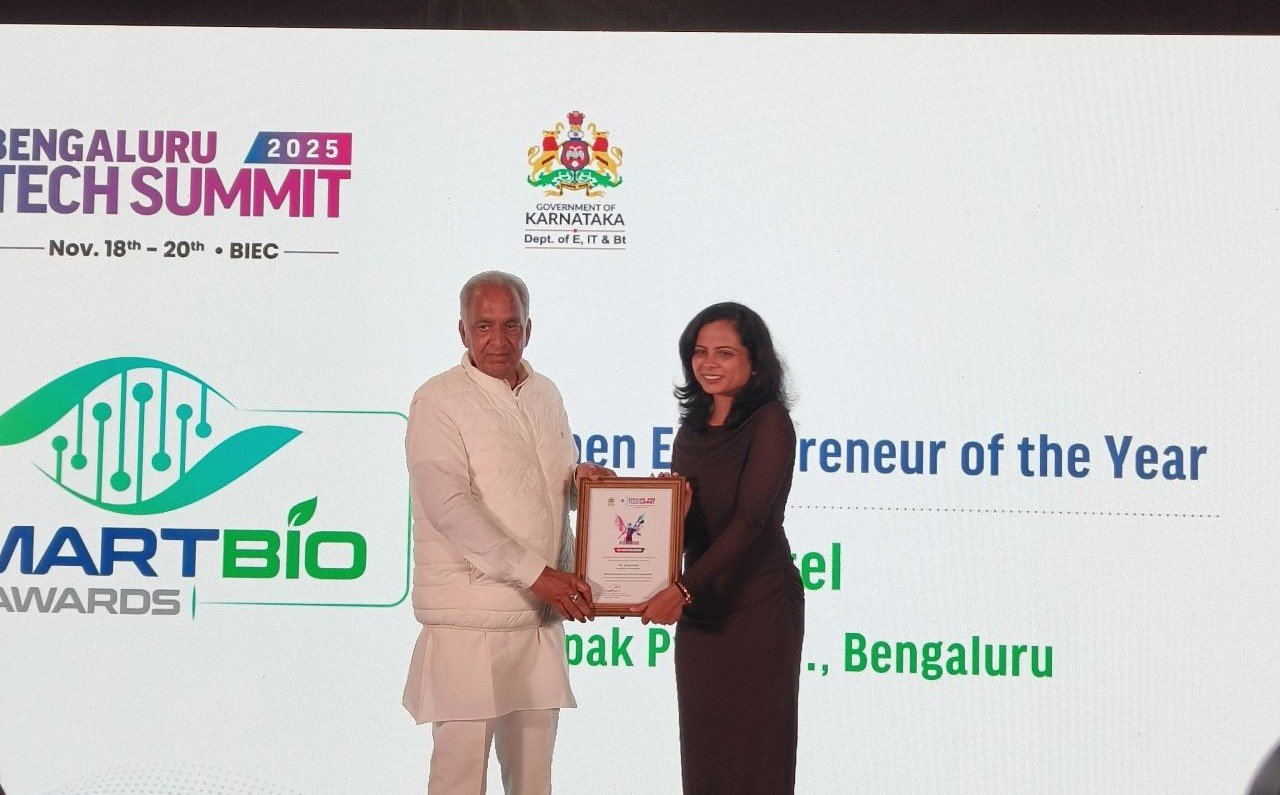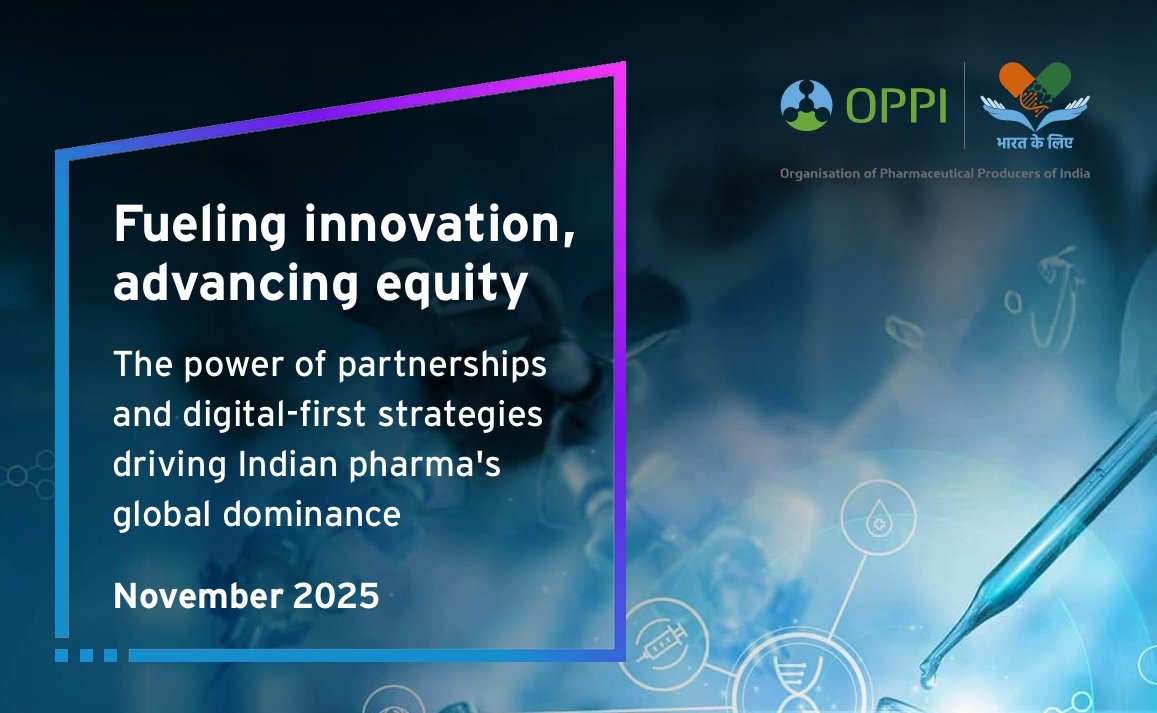"I4RD strengthens R&D activities in India, Israel"
May 05, 2010 | Wednesday | News

Innovation is the key for companies to gain advantage
over their competitors in medium to long term basis. Strengthening
R&D is one of the ways to achieve the required innovation. Further,
R&D serves as an enhancer for sustained economic growth. R&D on
a global scale helps to share risks as well as costs; shortens
development time and time to market; and provides access to global
innovation, knowledge and infrastructure.
Recognizing the need for collaborative R&D, India and Israel have
signed a bilateral agreement, to form India – Israel Initiative for
Industrial R&D (i4RD) with an aim to support joint industrial
R&D projects for developing products or processes leading to
commercialization in the global market. This agreement has been signed
between the Department of Science and Technology (DST),
Ministry of Science and Technology, Government of India and the
Ministry of Industry, Trade and Labor State of Israel. John Powath,
CEO, Inventive Business Partners and head of i4RD program shares more
insights.
Q What are the major collaborative
activities of i4RD program?
The i4RD program is a bilateral funding program that is co-sponsored by
the governments of India and Israel with a primary aim to support joint
industrial R&D projects for developing products or processes for
commercialization in the global market. This bilateral funding platform
is supporting R&D projects between companies in Israel and India.
This program will provide a platform for joint R&D efforts that has
a strong emphasis on innovation with a global commercial applicability.
The implementing organizations are Global Innovation and Technology
Alliance (GITA) on behalf of the DST, India; and MATIMOP, on
behalf of the Office of the Chief Scientist (OCS), Israel.
Q Does the political landscape of India
encourage such collaboration?
India and Israel are heading towards fast growing economic cooperation.
Bilateral trade, which was at Rs 893.48 crore ($200 mn) in 2001, grew
to Rs 18,316 crore ($4.1 bn) in 2009, excluding defense trade. This
includes manufacturing, satellite launch, agriculture and diamond
industries. A formal free trade agreement was on progress in 2010 for a
two-way agreement that would give Indian industries access to the
Israeli high technology sector and Israel access to Indian domestic
market. This is a step ahead of the Preferential Trade Agreement (PTA)
that recommends setting up of a Joint Study Group (JSG) by the two
countries to improve trade ties.
It is estimated that bilateral trade would exceed Rs 53,605 crore ($12
bn) in five years with this trade agreement. The areas that are given
emphasis are software, communication, homeland security, science and
medicine, bio and agro-technologies and water. Considering all these
facts, i4RD program is a joint bilateral funding program and there is
no political impediments for such collaborations.
 Q What is the nature of financial support
offered by the i4RD program?
Q What is the nature of financial support
offered by the i4RD program?
The program provides a funding of up to 50 percent of R&D costs.
Further, there is an overall cap on funding, which is estimated at Rs
2.23 crore ($500,000) per project, between the Indian and Israeli
companies. In cases of joint R&D projects approved by both India
and Israel, funds of up to Rs 1.11 crore ($250,000) would be dispensed
by India and Israel to the entities in their respective countries.
The criteria to be followed in order to apply for i4RD call are--at
least two science and technology companies from the respective
countries should express their desire to cooperate in the research and
development of a new product or a new process; the project may involve
more than one company from each side; academic/ research entities are
eligible to join as sub-contractors; the product should be highly
innovative with significant commercial potential. The joint industrial
R&D project should aim at developing products/ processes leading to
commercialization in the global market; and the project partners should
agree in advance on the IP rights and commercialization strategy of the
product or process.
From India's perspective, the eligible applicants are researchers and
managers representing Indian companies (with minimum 51 percent
ownership) that are headquartered in India and registered under Indian
Companies Act. Subsidiaries of firms headquartered and owned outside
India are not eligible for support. Sole proprietorship or partnership
firms are not eligible for funding support. The Indian industry partner
must have an R&D center, which has valid recognition from the
Department of Scientific and Industrial Research (DSIR), Government of
India; if not registered, the firm should get the R&D center DSIR
recognized within 12 months after sending application to i4RD. Failing
which, unless and otherwise extended, the firm may be asked to return
the loan amount.
The total funding from the Government of India will not exceed 50
percent of the Indian component of the total project cost. Further, the
total funding from the Government of Israel via the OCS, under the i4RD
financial support, will not exceed 50 percent of the eligible and
approved costs of the R&D, in accordance with the national laws and
regulations
Q What will happen if the project fails
to bring positive result?
In case, the end result of the R&D effort is not fruitful, there
would be no need to pay back. However, if the R&D effort is
fruitful, there would be a requirement to return the grant provided
typically in the form of an interest free loan or a minimal royalty
which would apply for a period of three to five years.
 Q Are companies in Israel attractive
R&D partners for innovative firms in India?
Q Are companies in Israel attractive
R&D partners for innovative firms in India?
The proximity of research institutes, large firms and start-ups, a
talent pool drawn from around the world, a friendly ecosystem of
venture capital, and government initiatives to encourage R&D
through unilateral and bilateral funding shows a strong R&D culture
in Israel.
Israel has the highest number of scientists per capita globally (1/200
people), and 39 percent of its scientists specialize in life sciences.
Moreover, with a high percentage of graduates in mathematics, physics
and computer sciences, the industry is well placed to make an impact in
interdisciplinary technologies such as bioinformatics and proteomics.
Israel has also taken a world-leading role in cancer and auto-immune
disease research, as well as research into diseases affecting the
central nervous system. Half of all the Israeli biotech companies are
very small, with no more than 20 employees. Inspite of the outstanding
growth of this sector it is still in early stages and the potential is
much larger than current activity. Thus, there appears a definite
potential match perspective between Indian and Israeli biotech
companies. The same would also be true for other fields of science and
technology.
Biotech companies in general face the problem of raising working
capital because of their small size and long lead-time to market. The
financial crisis makes it even more difficult for them to get the fund
assistance. This opportunity can be capitalized by innovative companies
in India to access funding as well as R&D talent pool through the
joint R&D funding program.
Q Are life sciences firms in Israel less
likely to cooperate/ partner with foreign institutions than domestic
firms?
If we look from an Indian perspective, one could form the view that the
chances of two local Indian companies collaborating is far greater than
a potential collaboration between a local and foreign company.
Cooperation or collaboration needs to be a mutually beneficial
relationship. So it would have to be a win-win situation for both
sides.
India has a large domestic market, the R&D collaboration can
definitely benefit Israeli companies as those companies get access to
Indian market through their collaborating partner in India and the
Indian companies get access to diverse R&D talent pools in Israel
that could potentially shorten the development time and boost
innovation.
Jahanara Parveen in Bangalore












